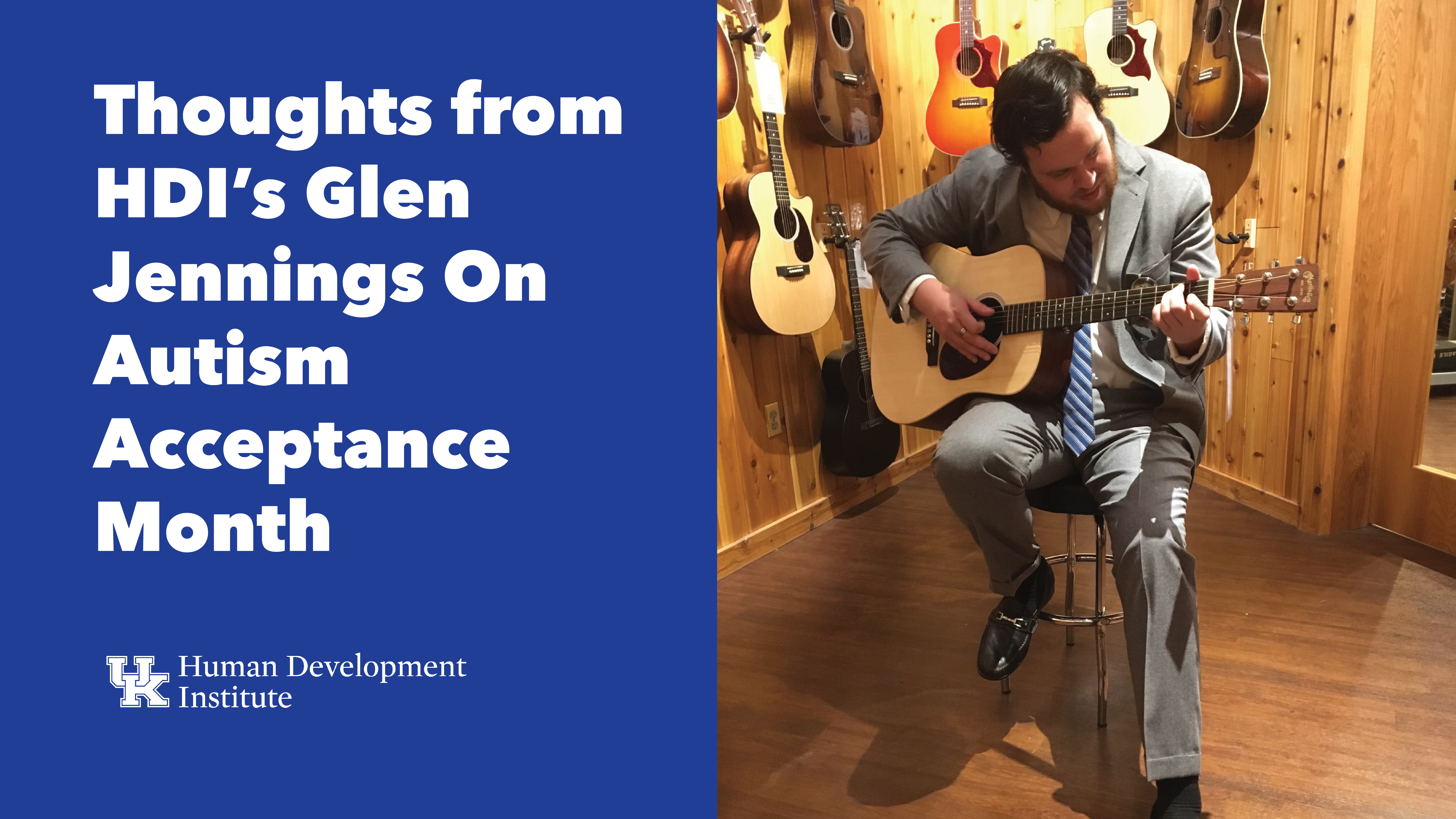This April, we recognize Autism Acceptance Month. This is a month where we celebrate what autistic people are capable of and work to support mainstream acceptance of autistic people. But it’s also a time to recognize systemic obstacles to autistic people.
And there are many.
Think about the ways in which society has a normative model of social interaction, and all the ways in which someone who cannot follow that model might be at a disadvantage. If you’re in a job interview, not making enough eye contact to satisfy your interviewer may put you out of a job that you’d otherwise have, but forcing eye contact is often difficult for autistic people. Even against an otherwise equal neurotypical candidate, an autistic applicant is at a disadvantage through no fault of their own. Once in a job, work environments can be uninclusive. Office social structures can be difficult to navigate, office politics can leave us at a brutal disadvantage, especially among autistic people with customer-facing jobs. Factors like this are likely just one part of the reason autistic people have a catastrophically low employment rate.
Though the social aspects of autism are the most visible to neurotypical people, there are a host of other ways that life in the workplace and beyond is challenging. Sensory issues can make it difficult to navigate the world. I always have at least two pairs of polarized sunglasses close to me because bright sunlight is hard to see in and gives me a massive headache. The general noise of loud environments with a lot of conversational buzz can quickly become overwhelming. And fluorescent lights – which are used in many offices, schools, or grocery stores – can cause headaches. Staying under them for too long is physically exhausting for me, and there are many times in my life where I’ve had no real choice but to do so.
We navigate a world that was not built with us in mind. Acceptance Month is about moving towards one that is.
But while that discussion is important, I think we shouldn’t end the conversation there.
As an autistic person, I feel like I also have a lot of joy to celebrate this month.
The national view of autism has, despite these obstacles, changed radically in the since I was diagnosed almost 25 years ago. And as someone who’s so fond of pointing out that autism isn’t all doom and gloom, it feels wrong to point only to the areas where we face obstacles.
So I want to celebrate how far we’ve come. How people are more educated about autism in this day and age than ever before. And that only leads to better outcomes for autistic people – fewer obstacles to diagnosis, which have historically been many especially for women and people of color, more acceptance and understanding and wider access to accommodations and resources.
The fight isn’t over, but we’ve made incredible progress.
And more than that, I want to celebrate community. An incredible autistic community has formed over the past few decades, focusing on self-advocacy and embracing our authentic and autistic selves.
We see the world in unique ways, we have special interests that allow us to love and appreciate the world around us with such depth, and we can bring such unique perspectives and sensibilities to the world.
And the more we obliterate those obstacles, the more autistic people will grow to recognize and accept the potential they have. And by accepting that potential, you get a better world – whether you’re autistic or not.
This month, we celebrate autistic people. This month, we work for a future where autistic people feel heard and included, and where people value us like they would anyone else.
This article represents the opinions of the author and interviewee, not that of the University of Kentucky.
